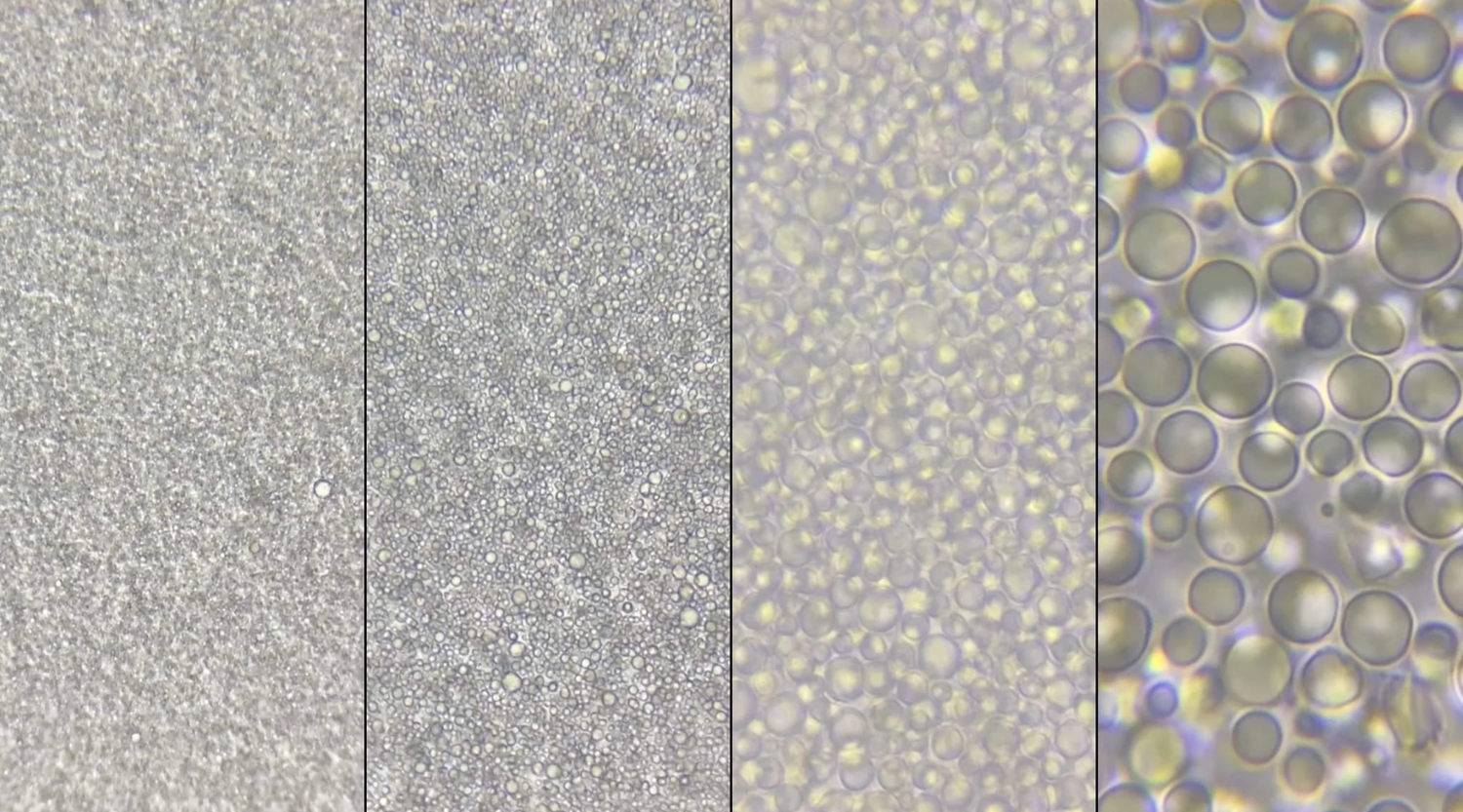Breast milk is not just food; it is complex and uniquely designed to cater to your baby's growth and developmental needs. Rich in nutrients, protective antibodies, and growth factors, breast milk adapts to the ever-changing needs of your baby, protecting them from infections with its rich antibodies and providing them with the essential vitamins and minerals they need to grow.

Nutritional components of breastmilk
Proteins:
Proteins build, strengthen and repair the body’s tissue. The are also needed to make hormones, enzymes and antibodies. The protein in breast milk is easy for babies to digest and these proteins are essential throughout every stage of the lifecycle for humans to survive.
Fats:
The fats in breast milk provide essential fatty acids necessary for the development of the nervous system and the brain. They also supply ample calories. Breast milk contains long-chain polyunsaturated fatty acids like DHA (docosahexaenoic acid), which are crucial for cognitive and visual development. The fat composition in breast milk varies within each feed, typically increasing in concentration toward the end of a feed. Breast massage can aid the transfer of fat cells into the breast milk. This technique helps ensure that milk is rich in essential fats, which are critical for infant development. By gently massaging the breasts, mothers can promote more efficient milk flow and improve the nutritional content of the milk during feeding
Carbohydrates:
Lactose is the most abundant carbohydrate in breast milk, playing a critical role in energy provision and the absorption of essential minerals like calcium. Breast milk also contains human milk oligosaccharides (HMOs), which are unique to human milk and support the growth of beneficial gut bacteria, play a role in the development of the gut lining, and help prevent infections by blocking pathogens.
Immune and protective factors
Did you know: Just 20 minutes after being exposed to a pathogen a mother is making the specific antibodies in her milk to fight infection.
Antibodies:
Breast milk is rich in immunoglobulins (antibodies), such as IgA, IgG, and IgM, which coat the lining of the baby's immature intestines, providing passive immunity to various pathogens. This is particularly important in preventing diarrheal diseases and respiratory infections.
White blood cells:
Also known as leukocytes, these cells are found abundantly in colostrum and play a role in immune function by attacking harmful bacteria and viruses that the baby may be exposed to.
Enzymes and hormones:
Various enzymes, like lipase and amylase, aid the baby in digesting fat and starch more efficiently. Hormones in breast milk, including leptin and ghrelin, help regulate appetite and energy balance, playing a crucial role in the healthy development of metabolic systems.
Additional beneficial components
Vitamins and minerals:
Breast milk contains the perfect balance of vitamins and minerals tailored for an infant's growth. This includes vitamins A, C, D, and E, and minerals such as iron, which is vital for cognitive development, and zinc, which supports the immune system.
Growth factors:
Growth factors in breast milk, such as epidermal growth factor, help mature the lining of the baby's intestines, aiding in better digestion and absorption of nutrients.
Prebiotics:
The HMOs in breast milk also function as prebiotics. These not only promote the growth of healthy gut bacteria but also directly enhance the intestinal mucosa, helping to establish a robust immune system.
The adaptive nature of breast milk
One of the most incredible properties of breast milk is its ability to adapt to the specific needs of the baby. For instance, the milk produced for premature infants is higher in protein and calorie content to support their accelerated growth needs compared to milk for full-term babies. The important thing to remember is no matter how long you breastfeed for, your baby will benefit from each drop they have received.







1 comment
Sakthisree
Super
Super